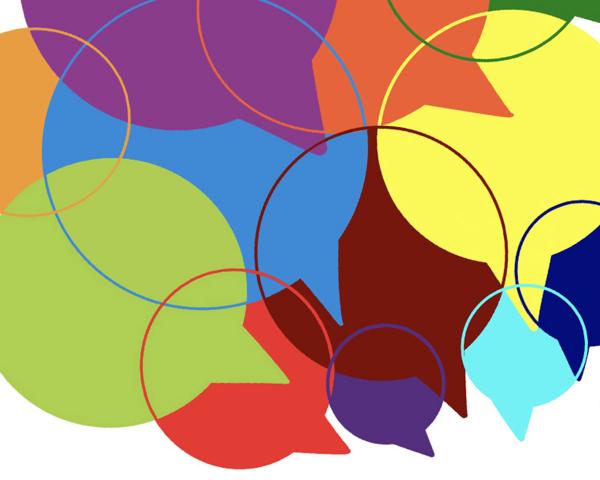Community Healing Collaborative
Community Healing Collaborative (CHC) seeks to transform the college into an institution that effectively supports the mental as well as the overall health of its students, faculty, staff and communities served by it.
CHC is an initiative from the Equity and Inclusion division at Minneapolis College. “Former Diversity Officer Jay Williams and Vice President of Student Affairs and Interim Diversity Officer Patrick Troup worked together,” said Catrina Huynh-Weiss, Executive Assistant to the VP of Student Affairs and the College Diversity Officer. “They had started this work of moving the organization to be more trauma-responsive and trauma-informed before I came on.”
As the work progressed, Huynh-Weiss began to take more of a leadership role and began thinking critically about what it means to be a trauma-responsive organization. Around this time, there was a call for a multi-campus collaboration grant and Huynh-Weiss reached out to Tyler Reitzner, who served as Executive Director of the Minnesota Trauma Project at the time.
“It was really Tyler’s initial vision. We wrote the grant together and got (the funds) to begin collaborating,” said Huynh-Weiss. Reitzner and Huynh-Weiss also began partnering with St. Cloud State University and Metro State University and even eventually expanded the collaborative to St. Cloud Technical and Community College.
The Real Work Begins
After securing the 3 partner campuses, the work also centered around identifying each campuses’ specific needs and what collaboration looks like for this initiative. Huynh-Weiss said it was important to identify what student bodies on each campus need since they are all distinctly different from one another.
“We are not just looking at what it means to be trauma responsive, but we are doing it with a cultural and anti-racist lens as well,” said Huynh-Weiss. CHC launched in October 2019 with the Culturally Responsive Mental Health Summit. The summit included speakers “who worked in the mental health and trauma-care arena that represented certain communities of color and different cultures.”
These types of events and programming were set to continue and then the pandemic occurred and CHC needed to adjust its tactics. “We started launching these weekly living room conversations. The whole idea was to bring people together to connect because what we were hearing was people were feeling disconnected from the community, isolated and scared,” said Huynh-Weiss. The living room conversations occurred virtually. CHC held 55 90-minute conversations between April 15 and the end of July 2020. These conversations were open to students, faculty and staff across all Minnesota State campuses. Huynh-Weiss said that there were 200 unique registrants and 20-25 percent of those registrants were repeat participants throughout the sessions. Conversations began again mid-September and each partner campus has their own Living Room Conversations.
“We are not only creating a safe space for people to come together and share their concerns, their anxieties, their challenges, their hopes and inspirations but we’re also normalizing what it means to be vulnerable and authentic in these types of conversations,” said Huynh-Weiss.
Collecting Student Perspectives
“We have a webpage called Student Voices and students can fill out a form with their student ID,” said Huynh-Weiss. “They can either answer one of the prompts that we have, or they could talk about some other topic that is affecting their lives. It was about creating another authentic way for students to talk about what is really on their mind or to talk about their family history and background.”
Huynh-Weiss said there are several different prompts to choose from. For example, prompts can range from “how have your priorities changed since the COVID-19 and racism pandemic?” to “if you were to have a meeting with the College president what would you tell her?”
She also mentioned that if students are unable to record their responses there is also an option to respond with text. CHC will be utilizing a software called Squiggle which will animate text.
“We are documenting, in real-time, this history about how this pandemic is affecting not only our students but higher education,” said Huynh-Weiss. After collecting as many voices and stories as possible, Huynh-Weiss wants to create a mobile art piece. “The hope is to be able to take these stories and create them into some kind of installation that incorporates art and healing.”
